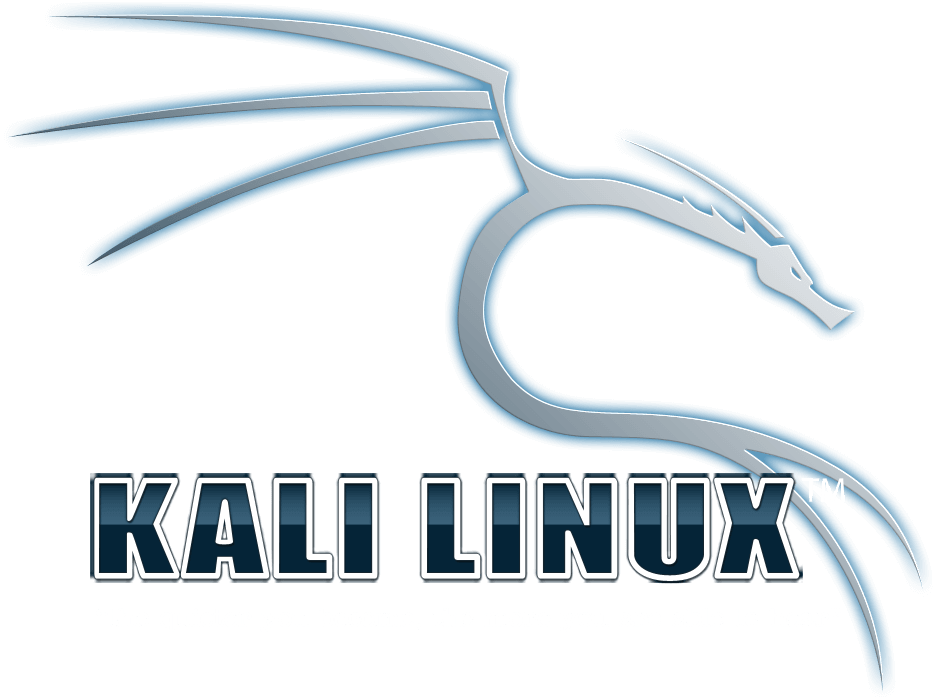Kali Linux
Kali Linux is a Debian-based Linux distribution that is specially designed for digital forensics and penetration testing. It is a popular open-source operating system used by security professionals, ethical hackers, and cybersecurity enthusiasts all around the world. In this blog post, we will discuss what Kali Linux is, what it is used for, and some of its key features.
History of Kali Linux:
Kali Linux was first released in March 2013 by Offensive Security, a company that specializes in information security training and penetration testing services. It was created as a successor to BackTrack Linux, another popular penetration testing distribution. The developers of Kali Linux wanted to create a more comprehensive and user-friendly tool for ethical hackers and security professionals, so they designed it from the ground up with a focus on usability and functionality.
Uses of Kali Linux:
Kali Linux is mainly used for digital forensics and penetration testing. Digital forensics involves the collection, analysis, and preservation of digital evidence in a legal and ethical manner. It is often used in criminal investigations to gather evidence from digital devices such as computers, mobile phones, and tablets.
Penetration testing, on the other hand, involves the simulated testing of a computer system or network to identify vulnerabilities that can be exploited by attackers. It is used by organizations to test the security of their own systems and networks and to identify and fix vulnerabilities before they can be exploited by malicious actors.
Key Features of Kali Linux:
Kali Linux comes with a vast range of pre-installed tools that make it an ideal operating system for digital forensics and penetration testing. Some of its key features include:
Easy to Use Interface: Kali Linux has a user-friendly interface that makes it easy for users to navigate and use the various tools and applications available in the system.
Comprehensive Toolset: Kali Linux comes with over 600 pre-installed tools that are specifically designed for penetration testing and digital forensics. These tools include network analyzers, vulnerability scanners, password crackers, and many others.
Customizability: Kali Linux is highly customizable, and users can modify and configure the system to suit their specific needs and requirements.
Community Support: Kali Linux has a large and active community of users and developers who provide support, share knowledge, and contribute to the development of the operating system.
Regular Updates: Kali Linux is regularly updated with the latest security patches, bug fixes, and new features, ensuring that the system remains secure and up-to-date.
Conclusion:
In conclusion, Kali Linux is a powerful and versatile operating system that is specifically designed for digital forensics and penetration testing. It comes with a vast range of pre-installed tools and features that make it an ideal tool for security professionals, ethical hackers, and cybersecurity enthusiasts. Its user-friendly interface, comprehensive toolset, customizability, community support, and regular updates make it an essential tool for anyone involved in cybersecurity.

Comments
Post a Comment